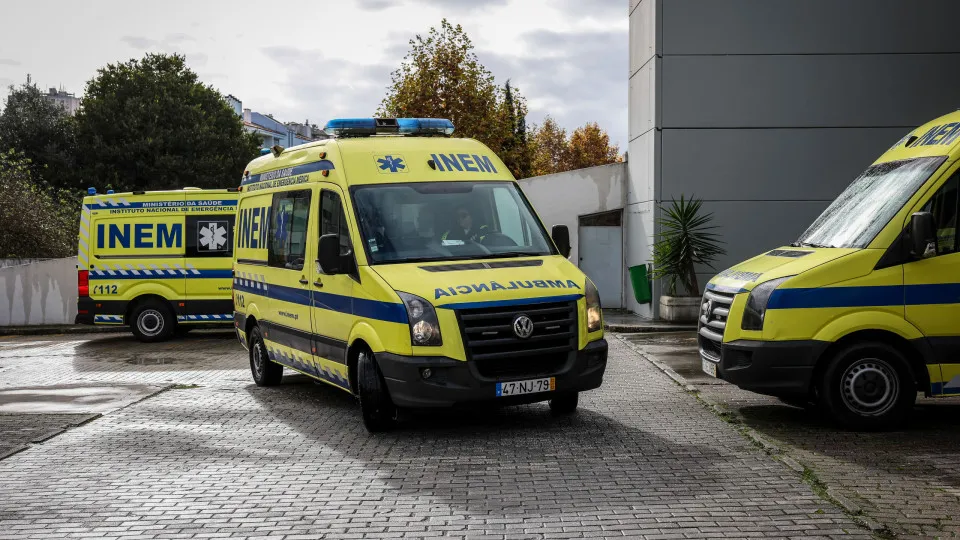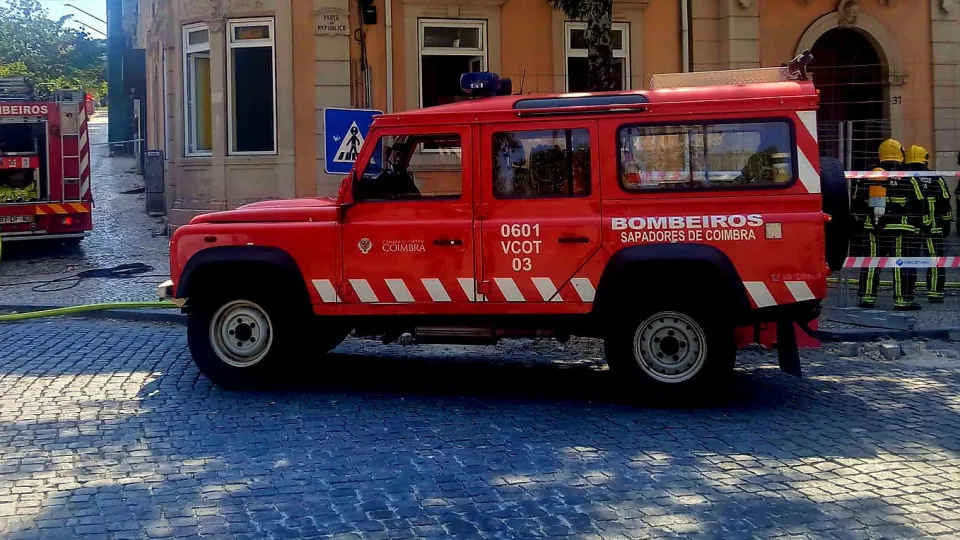
In a letter signed by both the deans and dated October 14, doctors and nurses have expressed their commitment to contributing to the modernization and strengthening strategy of the National Institute of Medical Emergency (INEM) and the future of the Integrated Medical Emergency System (SIEM).
“The Portuguese SIEM is recognized as a distinctive and effective system, combining a swift response with high clinical quality. The Portuguese Medical Association and the Portuguese Nursing Association reaffirm that the way forward should be to strengthen and qualify the existing three levels of support (Basic Life Support, Intermediate Life Support, Advanced Life Support), bolster emergency coordination centers (CODU), and invest in accredited and continuous training, thus ensuring the system’s sustainability and excellence,” the two orders advocate in the letter.
Doctors and nurses consider the SIEM “an essential pillar of the protection of citizens’ lives and health, ensuring a swift, effective, and safe response in emergency situations across the national territory.”
They also consider that the Portuguese model is based on an adequate rescue network with three levels of intervention: Basic Life Support (BLS), Immediate Life Support (ILS), and Advanced Life Support (ALS), regulated by the Emergency Patient Guidance Centers (CODU).
According to the representatives of doctors and nurses, these three response levels “ensure distinct levels of execution, involving highly qualified and dedicated professionals and, in the case of doctors and nurses, with university education and robust ethical regulations.”
“However, it is recognized that various structural, organizational, and human resource constraints have compromised the full response capacity of the SIEM, putting at risk the quality of care provided to the population.”
Both orders emphasize that, in this context, public positions have emerged suggesting “models in effect in other countries with very different histories, cultures, and professional backgrounds,” with which they disagree, as they consider that it “could jeopardize the safety and quality of care.”
For the Medical and Nursing Orders, “the national priority should be the reinforcement and qualification of the existing model, ensuring the sustainability, efficiency, and equity of the SIEM, safeguarding the highest standards of quality and clinical safety.”
On Friday, a source from the Ministry of Health confirmed to Lusa the replacement of INEM President Sérgio Janeiro, within the scope of the competition for the INEM presidency opened in January of this year, but did not disclose who would be his successor.
Some media outlets reported the name Luís Cabral on Friday, whose potential appointment, according to the Pre-Hospital Emergency Technicians Union (STEPH), “raises many and legitimate concerns” among sector professionals, prompting a call for a re-evaluation of this appointment.
According to the union, the public positions and work carried out by Dr. Luís Cabral in the Azores “are contrary to the best scientific evidence,” and they are based on “a system six times more expensive than the one used on the mainland.”
Both the Ministry of Health and the President of the Republic noted that the replacement of the INEM president occurred as part of the criteria of the Commission for Recruitment and Selection for Public Administration (CReSAP).




